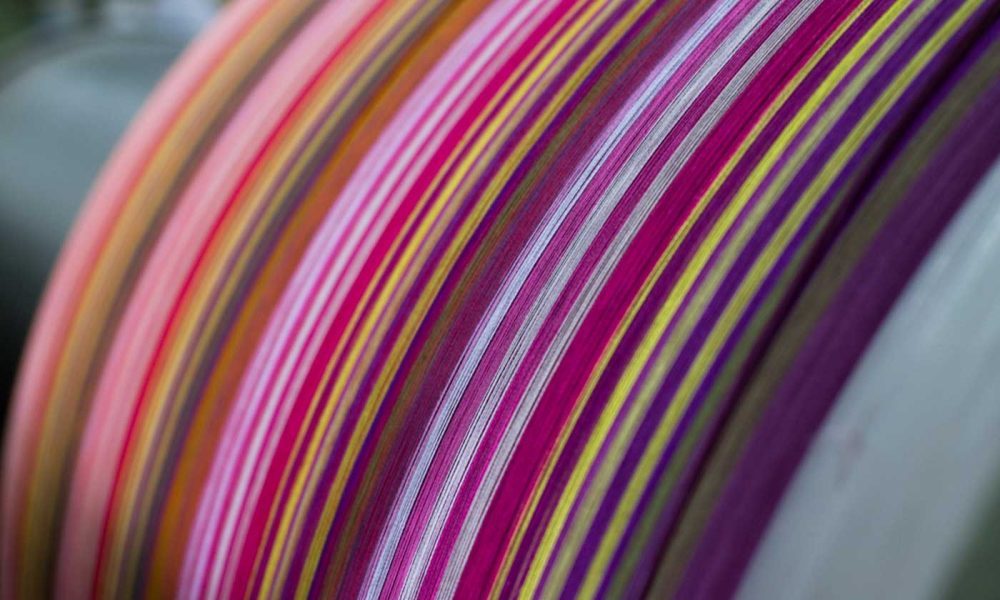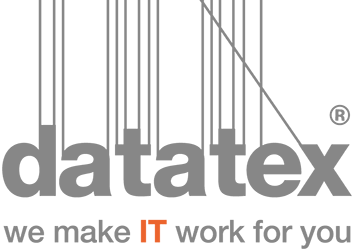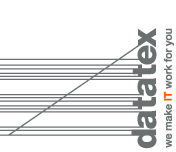
CITEVE. The great Textile Technology Center in Portugal
Interview with António Braz Costa – General Manager of CITEVE
CITEVE – Centro Tecnológico das Indústrias Têxtil e do Vestuário de Portugal
Textile Technology Center founded in 1989, based in Vila Nova de Famalicão, Portugal, and with commercial delegations in Brazil, Tunisia, Argentina, Pakistan and Chile, CITEVE is a specialized organization in consulting to textile companies regarding research and development, technological and product innovation, quality control, certifications, sustainability, digitalization and internationalization.
1. From the point of view of innovation – in technologies and products – what are the hot fronts and strategic areas in the textile world today? What are the new businesses and what are the characteristics that an innovative textile industry must-have today?
There is obviously no one recipe for all the world’s textile sectors, and even within the same geographical area there is no single solution for all businesses.
The textile, clothing and technical textiles sectors are very diverse, with very different competitive conditions, and therefore business is where each company or each cluster of companies finds the ideal space to ensure an adequate level of competitiveness.
Even so, if I had to choose one among the great challenges/opportunities currently facing the sector at a global level, I would indicate that of meeting sustainability objectives while keeping price and performance intact, the latter understood as the cross between the intrinsic characteristics of the physical product with all the creativity included in it, always within a framework of innovation.
2. Pandemic, increase in the costs of raw materials, energy, and transport, Russia’s war in Ukraine, and the crisis of globalization: today there are many factors of complexity that are changing the face of the textile supply chain, causing great difficulties but also – for those who know how to seize them – new development opportunities. As an expert in the sector, how do you see today the situation of the textile industry worldwide, the evolution it has had in recent years, and the possible scenarios in the short and medium-term?
In fact, the recent pandemic and the recent war in Ukraine bring new data to the notion of globalization developed during the last two decades.
On one hand, countries and multi-country economic spaces are now in processes of revising the balances in interdependence relations between economic spaces.
On other hand, changes in energy costs (and still the full impact of the war in Ukraine is still unclear) have questioned the practices of the last two decades of excessive complacency in the movement of raw materials and finished products around the globe.
Combining this new reality with the aspirations of sustainability, the coming times will be characterized by
– search for sources of raw materials closer to the places of consumption;
– search for manufacturing operations closer to consumers.
3. Portugal has a long tradition in the textile and clothing sector. What is the situation of Portuguese textiles today? How has the sector changed over time and what are the development and expansion opportunities it could seize in the coming years?
The sector in Portugal has evolved exceptionally well over the last three decades.
Firstly, it achieved quality; then, the ability to respond very quickly and the ability to develop products and design. Then it entered the technical textiles business. In the last decade alone, this transformation gave the country a growth of more than 50% in the volume of exports and also a growth of more than 50% in the turnover per worker ratio.
More recently, perhaps in the last decade, may have been the awareness and determination of the various stakeholders to place sustainability as a crucial part of the cluster’s competitiveness. Today, the country enjoys an extremely positive image as a responsible producer of textiles with a positive sustainability differential and, for this reason, it is in demand as never before.
For this reason, it faces a new challenge: to have and retain the necessary human resources to meet the demand.
4. Can you tell something about the characteristics and strengths of the organization, the activities carried out, and the most important projects you have developed over the years, for the readers of Datatex Magazine, about CITEVE?
CITEVE was created to reactively respond to the biggest challenge that the sector faced in the late 80’s: to increase the quality of the Portuguese textile product.
With this objective, CITEVE was born with activities based on testing laboratories and certification systems.
Later, it was transformed into a research and technological development institute with the ability to anticipate, to create the conditions that facilitate the evolution and adaptation of companies to the unique dynamics of the fashion markets and other textile based products:
– Quick Response and flexibility translated into the ability to work small series;
– the introduction of the ‘design’ component and product engineering in the offer of Portuguese companies
– the trivialization of industrial property protection (patents, designs, brands, etc.)
– the mastery of materials science and technology to enter the fascinating world of technical textiles;
– The adoption of sustainability as a competitiveness factor (effluent treatment -> clean technologies -> circular economy -> bio-economy).
During this path, CITEVE, aware of the challenges that the sector has been facing, created a School of Textile Specialization, a company specialized in product and process certification and CeNTI – Centre for Nanotechnology and Intelligent Materials. CeNTI meet the growing needs in terms of science and technology of advanced materials and internationalized its activities, with presence in 6 markets in Africa, Asia and Latin America.
Last but not the least, CITEVE has developed as a key player in the dynamics of sectoral standardization and as a partner of Portuguese governmental entities, but also of European institutions, on of public policy formulation for the sector.
Nowadays, its technological campus in Vila Nova de Famalicão is home to more than 300 researchers and technicians and a relevant growth dynamic is expected in the coming years.

